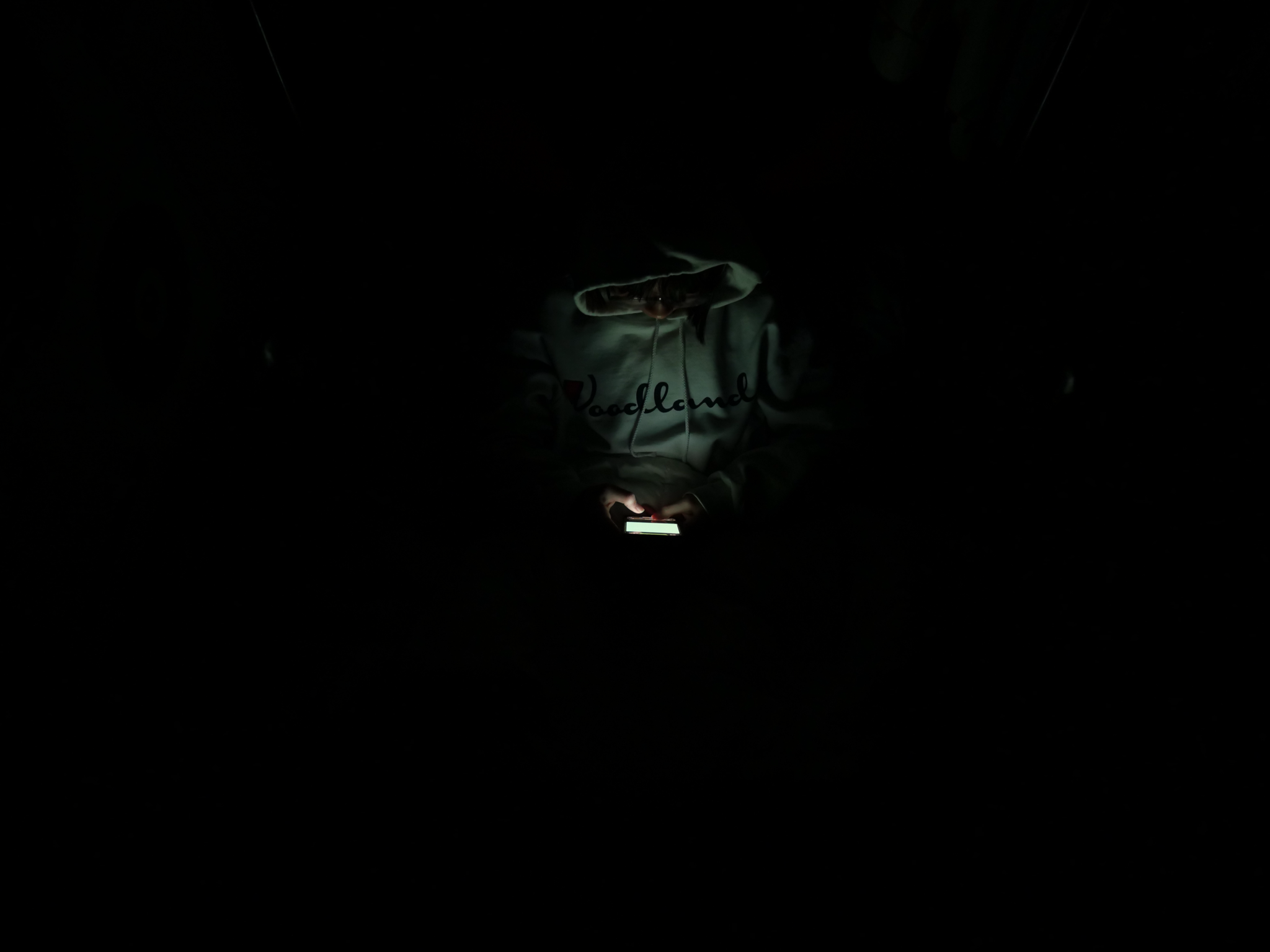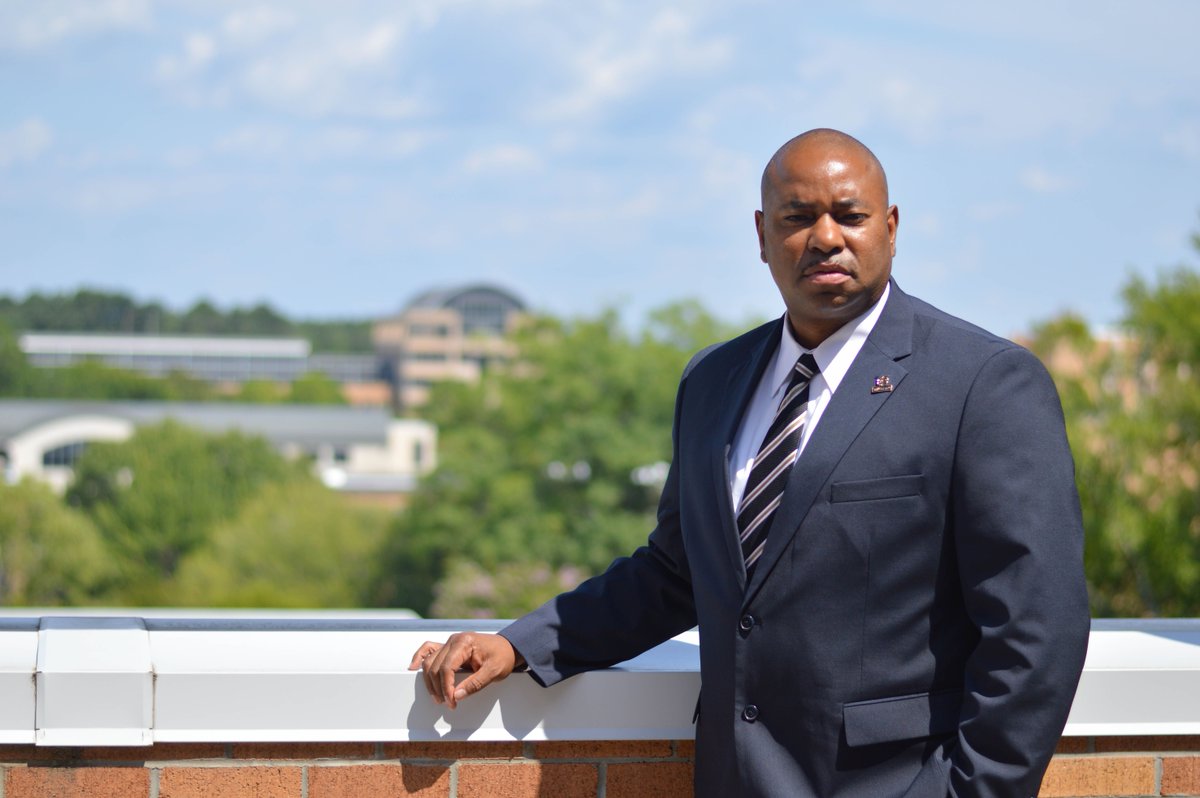In 2020, Trump wanted TikTok gone. In 2024, he’s being credited for keeping it alive. How did we get here? For college students, TikTok isn’t just an app—it’s a culture. But what happens when politics threatens to pull the plug on their digital hangout?
On Aug. 6th, 2020, Donald Trump, signed an executive order to ban the use of TikTok in the United States over national security concerns. Five years later, on January 20th, 2025, the first day of his term, Donald Trump signed an executive order to pause the TikTok ban for 75 days.
According to NPR, Trump did so to provide a liability shield to technology firms and to allow time to negotiate a potential sale of TikTok’s United States operations to an American company.
For many college students, TikTok is more than an app—it’s a culture, a source of entertainment, a learning platform and a livelihood for content creators. To get a sense of how students feel about the ongoing TikTok battle, The Sentinel interviewed several students at Kennesaw State University.
Misha Fisal expressed frustration over the government’s back-and-forth decisions, saying, “I think this was an unnecessary action taken. If we look at the issue regarding safety of user privacy and information, there are other social media platforms proven to be leaking way more data than TikTok.”
She also highlighted the app’s economic impact, saying, “I do not support the ban of TikTok as it has provided countless people with a platform and thousands of small businesses a way to market themselves.”
Marlayna MacKing, however, viewed the situation as a political ploy, saying, “I think it was a propaganda ploy to help Trump become more popular with the youth. It was like [TikTok owner] ByteDance was trying to make him the savior of the situation.”
Jibreel Barrios echoed this sentiment, calling it a “publicity stunt.” He questioned the timing, saying, “I think it was a dumb move, it should have been done the day of [Trump’s inauguration] and then lifted the day after in order for it to be more believable.”
Some students also expressed skepticism about a potential sale of TikTok to an American company.
Faisal noted concerns over changes to the platform, saying, “We have seen a decline in user experience when the app X, formerly known as Twitter, was bought by Elon Musk and I would not like to see the same happen to TikTok.”
With the 90-day pause in place, TikTok’s fate remains uncertain. The possible outcomes include ByteDance selling TikTok to a U.S. company, ensuring its continued operation, the ban being reinstated after negotiations fail or further legal battles delaying any concrete action.
Beyond TikTok, this situation sets a precedent for how the U.S. government may handle foreign-owned apps in the future. It raises significant questions about national security, digital privacy and the influence of politics on social media regulation.
TikTok has become a battleground not just for social media users but for lawmakers, business leaders and tech regulators. With students and content creators left in uncertainty, the next few months will determine whether TikTok remains a staple of American digital culture or becomes another casualty of international politics. As the deadline approaches, all eyes are on ByteDance, the U.S. government and the shifting tides of policy that could define the future of social media.


